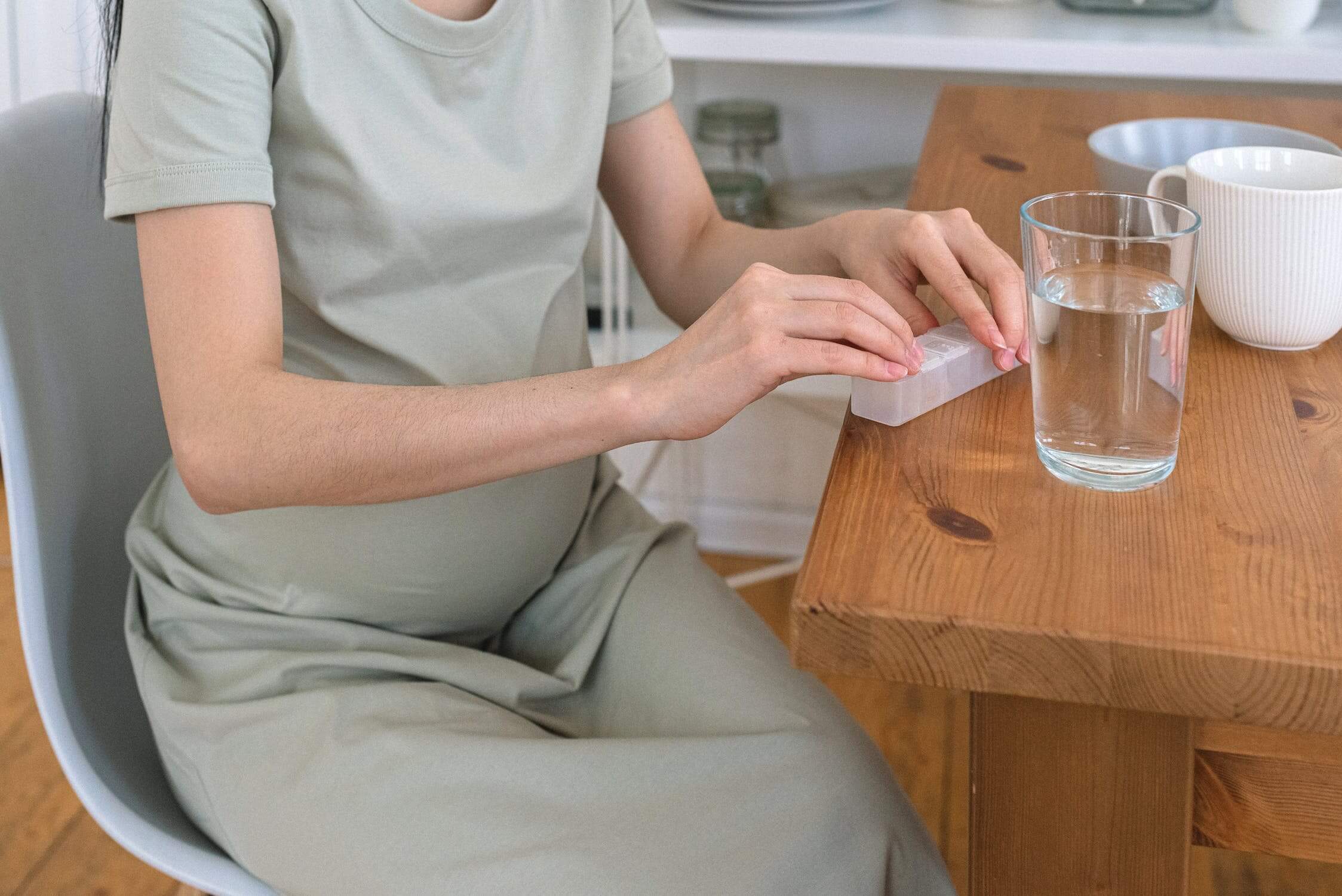The reproductive window for a female is between the age of 14-50. During this time a woman may choose to have sexual intercourse, where her egg will meet a viable fertile sperm, and this may implant in the females uterine lining in order to make an embryo which could develop into a child. Fertility is a measure of a person’s capacity to produce a fertile offspring in reproduction. Human eggs are not like other body cells, which continuously divide and produce copies of themselves. We are born with a certain number, which we use up (a finite resource) as we age.
How Many Eggs Are Women Born With?
A woman is born with around 1 million eggs in the follicles of her womb (known as the primordial state), which do not become viable until she starts menstruating, when the eggs are released at around 11-14 years of age. At menstruation, the number of eggs is around 300-400,000. A woman’s optimum fertility window is between the age of 18-31 years of age. This gives her a 25% chance of pregnancy. After this time her egg cell count will drop and with it her chance of fertility. Every individual female will have a different number of eggs, dependent on her genetics and family history and lifestyle.
How Many Eggs Are Left at Age 30?
After the age of 30, the number of eggs a woman has reduces significantly. After 30 it goes to 20% chance of pregnancy with around 100,000 eggs, 31 it goes to 80,000, 32 to 75,000 and at 35 around 50,000. After 35 your chance of pregnancy drops further to around 25,000 by 37 years of age. Eventually, by 40, the average woman has around 5000 eggs and a 5% chance of a viable pregnancy.
At 20, your chance is 25% with every sexual encounter, 20% after 30 and only 5% at 40. Menopause (the cessation of fertility) varies from woman to woman but is usually around 40-55 years of age. The chances of infertility or having offspring with genetic disorders such as Downs Syndrome increases with increasing age. Your Oestrogen levels also decrease, with some entering pre-menopause as early as 30.
How Is Your Number of Eggs Measured?
The number of eggs a woman has is dependent on her age, general health, lifestyle and genetics. A fertility expert will first look at family history to determine if a woman is at high risk of early menopause. They will look at her follicle cell count (the egg is released from the follicle in the womb), her Oestrogen, Testosterone and Progesterone levels and her FSH (Follicle stimulating hormone) and LH (luteinising hormone) levels, as well as check her AF (Antral Follicle count) with a pelvic ultrasound to test the number of eggs that her follicles could possibly release (and freeze if a woman chooses to freeze her eggs), and her AMH (Anti-Mullerian Hormone) levels to determine her egg cell count. The lower the AMH, the lower the egg cell count. A low egg cell count will suggest that immediate fertility preservation, such as egg freezing or IVF, In-Vitro fertilisation, is required in order to preserve fertility and prevent the heartache of infertility.
How Can You Increase Your Number of Eggs?
Often this is something determined by your genetics (family history), but certain factors do impact egg cell count. Lifestyle choices such as being under or over weight (which impact the amount of Oestrogen, Progesterone and other sterol hormones needed to mature and preserve eggs), Smoking and binge drinking, as well as overexercising (which causes low body fat percentage and some body fat is needed for making hormones) can impact cell count and cause amenorrhea (the absence of menstruation). To prevent this it is not advised to smoke, overdo alcohol consumption or over or under exercise.
Egg cell count can also be increased by certain dietary interventions, such as a diet rich in B12, Folate, Iron, Vitamin C (which helps iron absorption) and protein, which all help in the production and genetic viability (how likely an egg cell is to be able to divide and produce another egg that can be fertilised in IVF) of new eggs.
How Can GlobMed Help?
We believe every person deserves the right to create life. We are a team of highly specialised medical consultants, with experience in the NHS and private care. We understand the trials and tribulations involved in fertility problems, and we do what we can to help protect fertility. With access to the best teams from around the world, we tailor our offering to each client’s needs and budget, to ensure that we help you find the most viable treatment option for your health and future. With so many options out there, we do our research, so you don’t have to, working hard to find you the best option you deserve.


 71–75 Shelton Street, Covent Garden, London, WC2H 9JQ
71–75 Shelton Street, Covent Garden, London, WC2H 9JQ +44 (0) 20 3376 1032
+44 (0) 20 3376 1032



